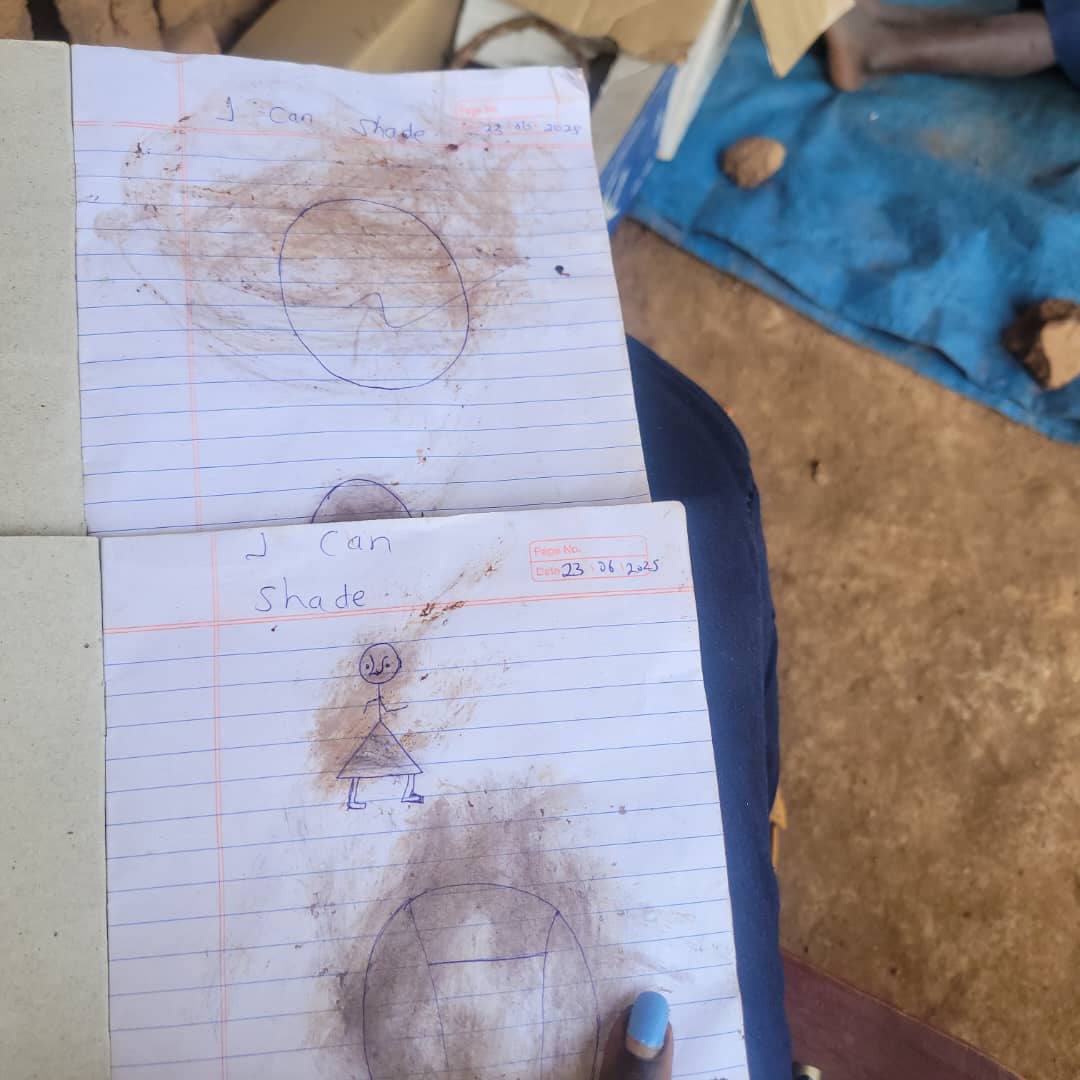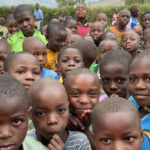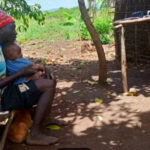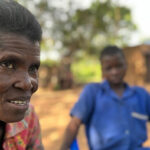In the hills and villages of Western Uganda, a quiet educational transformation is taking root, not in schools or classrooms, but in homes. Through the Community-Based Early Childhood Care and Education (CBECCE) program, children in remote and underserved areas are beginning their educational journeys right at the household level, surrounded by family, neighbors, and familiar community settings.
Started in 2025, the CBECCE pilot program began with just 40 households. Today, it has expanded to over 80 households across Western Uganda, including Kabarole District, where children are actively engaged in structured, home-based learning sessions led by trained caregivers and community mentors.
The need for such a model is urgent. According to UNICEF (2025), only 9% of Ugandan children are enrolled in early childhood education, and 44% are not developmentally on track. Many families live far from formal preschools, and systemic barriers prevent the majority of young children, especially in rural areas, from accessing quality early learning.
The CBECCE program directly addresses these gaps by bringing early learning into homes, using low-cost, local materials and age-appropriate activities aligned with Uganda’s Early Learning Framework. Sessions are conducted by trained community members, known as Lead Caregivers, Resource Persons, and Mentors, who guide children through foundational learning activities, storytelling, song, creative play, and basic literacy and numeracy.
One standout example from Kabarole District is the children’s recent introduction to shading using natural colors, a creative exercise that blends art, environmental awareness, and sensory learning. Children learned to make colors from local materials like soil, leaves, and fruit, using these to shade drawings and express themselves artistically. While simple, the activity embodies the CBECCE approach: hands-on, locally grounded, and rich in both educational and cultural value.
Beyond learning, the household-based model also plays a vital role in child protection and family strengthening. In a context where 83% of children experience learning poverty and 75% face some form of violence (UNICEF, 2025), CBECCE provides a safe and nurturing environment. Caregivers are trained to identify early signs of neglect or abuse and connect families to support systems, ensuring that children’s rights and well-being are protected.
Another key strength of the model is its ability to revive traditional knowledge. Elders and parents participate through storytelling, local games, and songs, fostering stronger intergenerational bonds and reinforcing the cultural foundations of learning. Parents, many of whom previously lacked confidence in supporting their children’s education, are becoming active partners in the learning process.
The program has also sparked organic growth. Children from nearby households who were not initially enrolled are drawn to the engaging sessions, joining their peers and broadening the program’s reach beyond its original scope. This ripple effect is creating a community culture of learning, where education is no longer confined to formal institutions but embedded in everyday life.
As CBECCE continues to grow, it offers a powerful, inclusive model for delivering early childhood education in hard-to-reach areas. Through empowering communities to educate their own children using familiar resources and culturally relevant methods, BIU is building the foundation for lifelong learning, resilience, and equity, starting right at home.

















Leave a Reply